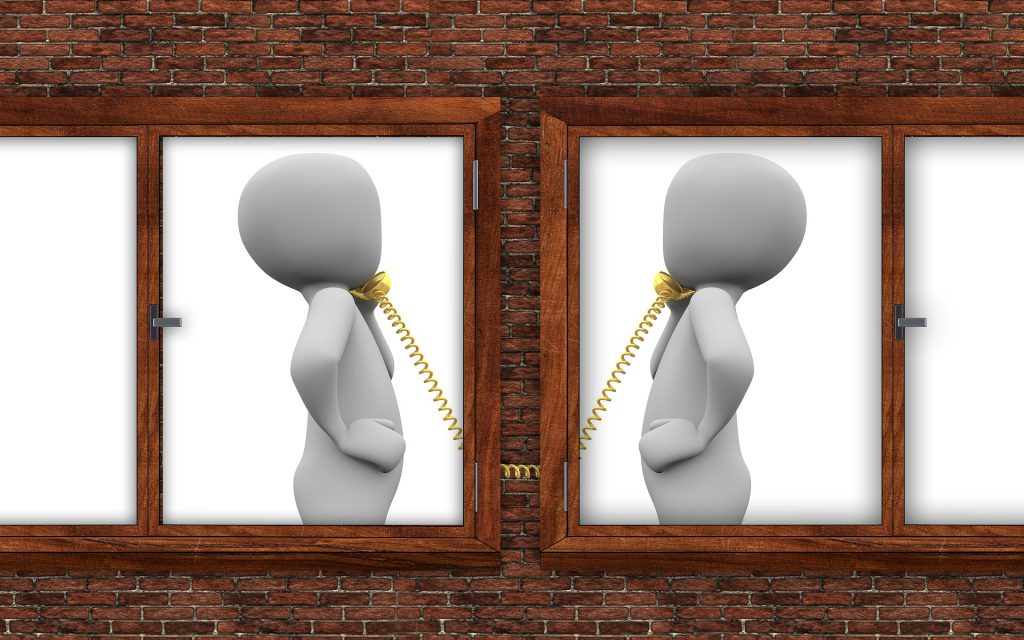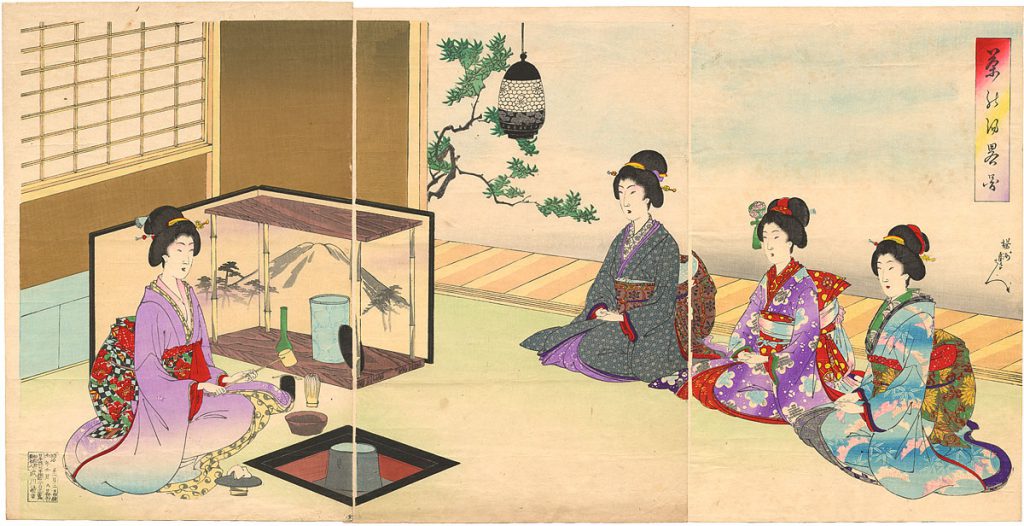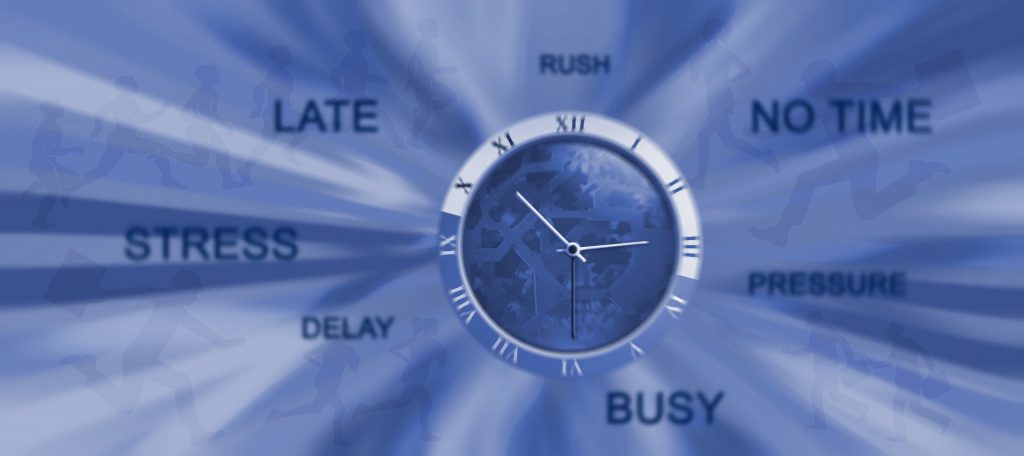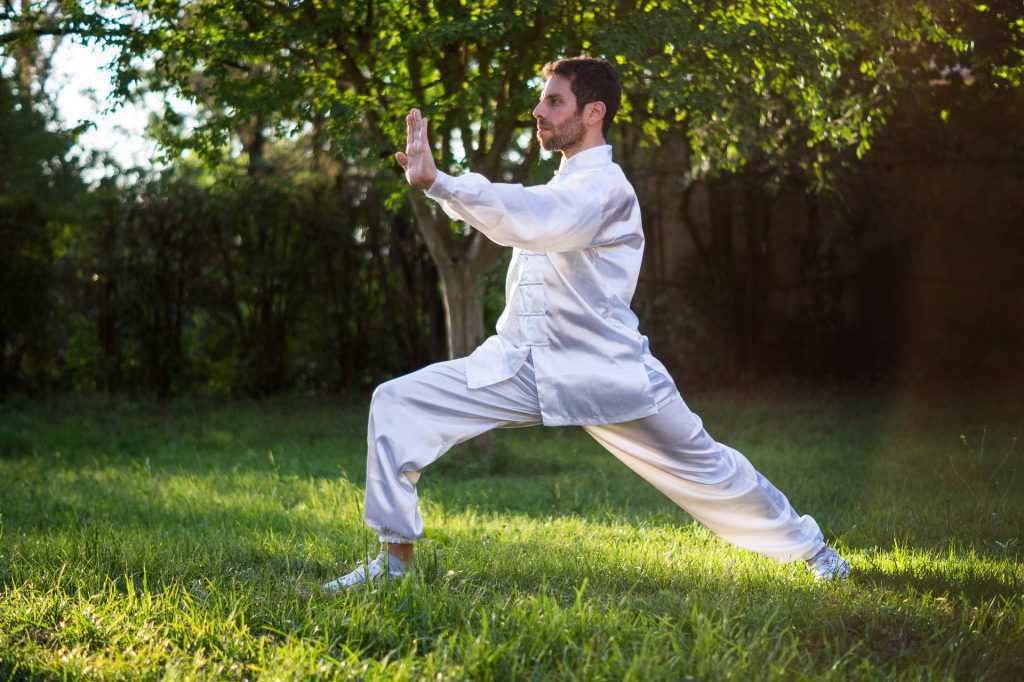The 7 pillars of mindfulness – #2 patience
The 7 pillars of mindfulness – #2 patience
- The 7 pillars of mindfulness – #2 patience
- Patience
- Anger
- Patience means being able to accept difficulties
- Excursus: justified anger
- Patience means not leaving the present for the future
- Patience means letting things grow
- Patience needs practice
- Physical exercise
- Superpower soliloquy
- Patience means letting go
„Unruly beings are as unlimited as space they cannot possibly all be overcome, but if I overcome thoughts of anger alone this will be equivalent to vanquishing all foes.” – Shantideva

Patience
The old Buddhist texts define patience, somewhat surprisingly for us, as the opposite of wrath. (Patience is considered to endure difficulties and to be one of the most powerful spiritual exercises – one of the six perfections on the path to enlightenment.)
For us, the opposite of patience is mostly impatience, and the opposite of the old word wrath is “gentleness”. “Anger” sounds a bit dusty and like the Old Testament. (The word has been in use in German since the 9th century.) Wrath can lead to uncontrolled actions or words, and therefore appears as the ruler of the man, who is subject to his emotions.
Few people would claim to be possessed by wrath today. But on closer inspection, what we call “impatience”, is often anger. Impatience is, what children feel before their birthday, Christmas or Easter. As adults, we impatiently look forward to seeing loved ones again, or look forward to the weekend. This impatience is excited in a positive way.
“Expectation climbs mountains while reality is still fumbles to put on her socks.” – Michael White
Anger
If, on the other hand, the subway is late, the queue in front of the ATM seems endless, or the potential customer simply will not call back, we claim to be ‘impatient’. But we are actually angry – angry with the subway, the queue, and potential customers. This anger is rooted in the unspoken demand, that every situation should be exactly, how we want it to be: punctual trains, nice weather at the weekend, ATMs without a human soul far and wide. Would you like that? Then go for it. All you need, in order to make it happen, are three things: omnipotence, omniscience and omnipresence. That’s it. If you happen to be missing one of the three attributes, the request is somewhat nonsensical, because it would be nice, if the world, fellow human beings or things behaved, as we want them to, but they simply will not. That is why anger is such a bad advisor. If we, despite knowing better, become angry with public transport, we feel helpless on top of our anger – a very bad mix. The situation will not change, and we continue to boil with anger until it either peters out, or – worse – we take it out on someone: an employee, the dog, a wastebasket or, upon arrival at home, at a family member. This shifting aggression is called displacement: acting out aggressive impulses against “substitute objects”. It is one of the unconscious psychological defense mechanisms.
Patience means being able to accept difficulties
Patience means staying calm and balanced in difficult situations. Patience always means acknowledging the present moment without anger, that things are not, the way we would like them to be, just because we demand it. Absolute demands frustrate us, and leave us unbalanced.
Excursus: justified anger
However, it should not be forgotten, that there is criticism of exactly this kind of acceptance. It is accused of being complacent and subservient, even when social or individual injustice occur. The representatives of this criticism rightly point to the uncomfortable fact, that it is impossible to be just in an unjust world. The position of psychotherapy therefore is not exactly the same as the Buddhist demand for patience towards suffering and doers of evil. It distinguishes fury, as an irrational, self-harming reaction, from justified anger at affront, injustice or wrongdoing. This anger does not derive from an absolute demand, but from a desire for justice, non-violence or the right behaviour of our fellow human beings. It accepts, however, that things can also turn out differently, without despairing of it.
Patience means not leaving the present for the future
Patience leave an uncomfortable situation for pleasant daydreaming. We are tormented by thoughts about the future, or by past memories, while we can neither know the future, nor can we change the past. Of course, that doesn’t mean relinquishing dreams and plans for the future altogether. But while we daydream of a future in which everything is perfect and the way it should be, we are no longer able to really perceive the present. That is the big mistake that we make with impatience. We anticipate expectations as fulfilled, although, with the best effort and the greatest desire, we cannot possibly know exactly what will happen. And we are missing out on a lot of what there is already, while waiting for something, that might never occur in the first place. In the worst case, we just wait for the next disaster to happen, and, for safety’s sake, remain permanently anxious about what we do, or paralysed completely by the fear of failure. It is therefore important to reflect on what is on our minds, and how we can deal best with it.
Patience means letting things grow
“To every thing there is a time, and a season to every purpose beneath the heaven.” – Ecclesiastes 3: 1
Some things take time – grass will not grow faster when you pull on it. There are suitable and inappropriate times for certain things or projects, there are good and bad times. And we not always can we determine this time. Time is a gift: for we can neither design small projects, nor our whole life outside its frame. Time is also a challenge to our patience: we have to recognize and accept our limits determined by time. Otherwise we run the risk of despairing of the inflexibility of physical time, without being able to change it. Patience means, that we are aware, that problems will inevitably arise, whenever we work on something. But we can be convinced to achieve at least something with our effort even, if the positive effect we hoped-for fails to materialize. The only fight we lose 100%, is the one we take up. Difficulties, such as problems of understanding or sluggishness, can arise during mindfulness exercises. If we then bring about energy and joy within ourselves, and think about the long-term benefits of mindfulness, we strengthen our patience.

Patience needs practice
Ask yourself which everyday situations make you really impatient, and which are the ones, that actually make you angry. It is best to note the latter. Are there any situations, in which you should get nervous, but are not? What happens is different in these situations? Maybe there is a pattern, you can work with. Another benefit of this list is that, with patient mastery, situations can gradually be deleted. Ideally the list will become empty at some point.
Physical exercise
The body can also be instrumental for growing patience. Mindfulness meditation or Taijiquan, for example, require the body to remain in one position for a long time, and movements are carried out extremely slowly. Even with rhythmic movements such as jogging, thoughts come to rest, but still keep enough focus.
Superpower soliloquy
Tapping around on one’s iPhone cannot replace patience. It is certainly a good interim solution for short waiting times. In the long run, and for particularly long periods of time requiring patience, distraction simply will not be enough. If there is still something in us that nagging and resisting this situation, and refusing to accept inactivity, neither a captivating news feed, nor 83 cute kitty pics will do. Then the concept of inner calm comes into play. It is nothing esoteric. Peace of mind is the be-all and end-all of patience. People who have peace of mind, do have experiences, successes and failures, like the rest of us. But they can distance themselves emotionally from their experiences, and analyse them in a rational context if need be, in order to find the reason for emotional imbalance. Soliloquy can help with this. Studies show that it helps to mentally talk ourselves in our thoughts. (Speaking of themselves in the third person is helpful for some people.) Talking to oneself, is like talking to a good friend. On the one hand side, mistakes are demonstrably judged more objectively, on the other hand, one is automatically more benevolent and tends to have more positive attitude towards oneself.

Patience means letting go
A project does not work out, regardless of how hard we try. The longer we try to get a grip on it, the angrier we become. We had already envisioned our success, and now everything is on the brink. Then it it is time to take a step back, and even give up work, that has already been done, or to stop throwing bad money after good. It might be unpleasant, but it is not the end of the world. But not only with professional projects, but also in relationships, letting go of preconceived ideas leaves us more relaxed. We permanently expect certain reactions from people. “It can’t be true!”, “Who does she thing she is!”, “He never did anything like that before!” We constantly place demands on our fellow human beings, and become very dissatisfied, if they comply with our expectation. We better stay away from such absolute demands, especially with people who are close to our hearts. They are neither good for our fellow human beings, nor are they for ourselves.
Getting on the balcony gives us the chance to look at the bigger picture, to set new intermediate goals and to correct mistakes. There is always more than one way to explain our fellow human beings’ behaviour, and there is more than a single way to achieve a certain goal. Particularly if you have no idea what to do next, letting things happen might be a better idea, than to give up in despair. Everybody has to define for himself the balance between control, patience and letting things happen, depending on temperament, upbringing and circumstance.
Patience lives in the present moment, and can perceive it. A whole eternity can find room in one single twinkling of an eye.
The next blog post will continue with # 3 Beginner’s mind.
Sources:
Jon Kabat-Zinn: Gesund durch Meditation – Das große Buch der Selbstheilung mit MBSR.
Chögyam Trungpa: Erziehung des Herzens. Buddhistisches Geistestraining als Weg zu Liebe und Mitgefühl
Sam Harris: Waking Up: A Guide to Spirituality without Religion (2015)











